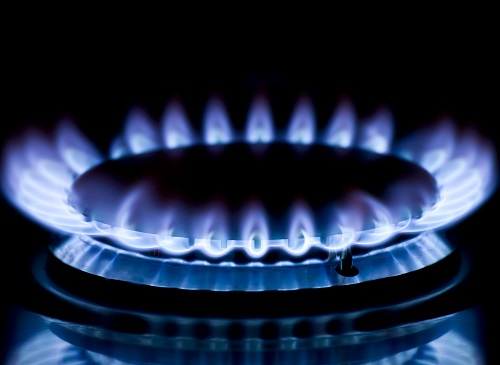Forced Electrification Could Cost Maryland Consumers $26,000+ per Household, CEA Report Finds
Removing natural gas service and usage could cost Baltimore households more than $26,000 each, a Consumer Energy Alliance (CEA) analysis found.

The report “The Hidden Costs of a Maryland Natural Gas Ban,” examined the high cost to Maryland families and businesses from denying critical natural gas service. Misguided policies could greatly impact Maryland families and households that rely on natural gas for home heating, by forcing a conversion to electric service either with punitive building codes during construction or with equipment replacement and home remodeling costs.
The report examined what the cost implications of forced electrification on Baltimore families and consumers would be, depending on household appliance models, home configuration, labor and reliance on natural gas. It also examined the additional transmission line infrastructure that would be required to fulfill requirements to “electrify everything.” Using open-source consumer data, CEA developed a cost calculator to provide an estimate of what a typical household in the Baltimore area could expect to pay if policies to remove natural gas service and usage are put into place.
These findings dovetail with previous CEA research which found that the cost to replace just major gas appliances in homes nationwide would be more than $258 billion.
“With more than 40% of Maryland homes relying on natural gas during the winter for heat, banning such a critical resource would be a devastating blow to families who would have to pay more than $26,000 to involuntarily reconfigure their home and purchase new appliances. A ban on natural gas would also lead to an increase in energy bills, placing an unnecessary burden on the nearly one in 10 Marylanders who live at or below the poverty level, those on fixed incomes, and businesses still recovering from the hardships of COVID-19,” said CEA Mid-Atlantic Executive Director Mike Butler.
“While CEA supports voluntary efforts by consumers to use the types of appliances and services they prefer, forcing actions onto them must be balanced against the costs to households and real-world, practical considerations,” he said.
Commenting on how banning natural gas would hurt jobs, Baltimore-D.C. Building Trades President Stephen Courtien said: “Mandating electrification and banning gas hook-ups to new construction would cause serious harm to working families across Maryland. This proposed legislation threatens to eliminate hundreds of middle-class career opportunities in the gas industry, which has long provided family-sustaining wages and benefits to local residents.”
The report also highlights data from the Environmental Protection Agency, which shows that from 1990 to 2020, Maryland’s emissions have decreased across the board, including:
- 82% reduction in nitrogen oxides (NOx)
- 76% reduction in volatile organic compounds (VOCs)
- 97% reduction in sulfur dioxide (SO2)
“Consumers should retain the right to keep the energy service they want and choose appliances they wish to use,” Butler said. “Natural gas serves an important role in our energy mix as an always-on option, ensuring consumers have the power and heat they need, when they need it. We hope officials and lawmakers recognize the opportunities for natural gas and its infrastructure to play an important, complementary role in reaching net-zero objectives.”
To view the report, click here.
Related News
Related News

- Keystone Oil Pipeline Resumes Operations After Temporary Shutdown
- Biden Administration Buys Oil for Emergency Reserve Above Target Price
- Freeport LNG Plant Runs Near Zero Consumption for Fifth Day
- Enbridge to Invest $500 Million in Pipeline Assets, Including Expansion of 850-Mile Gray Oak Pipeline
- Williams Delays Louisiana Pipeline Project Amid Dispute with Competitor Energy Transfer
- Evacuation Technologies to Reduce Methane Releases During Pigging
- Editor’s Notebook: Nord Stream’s $20 Billion Question
- Enbridge Receives Approval to Begin Service on Louisiana Venice Gas Pipeline Project
- Mexico Seizes Air Liquide's Hydrogen Plant at Pemex Refinery
- Russian LNG Unfazed By U.S. Sanctions




Comments